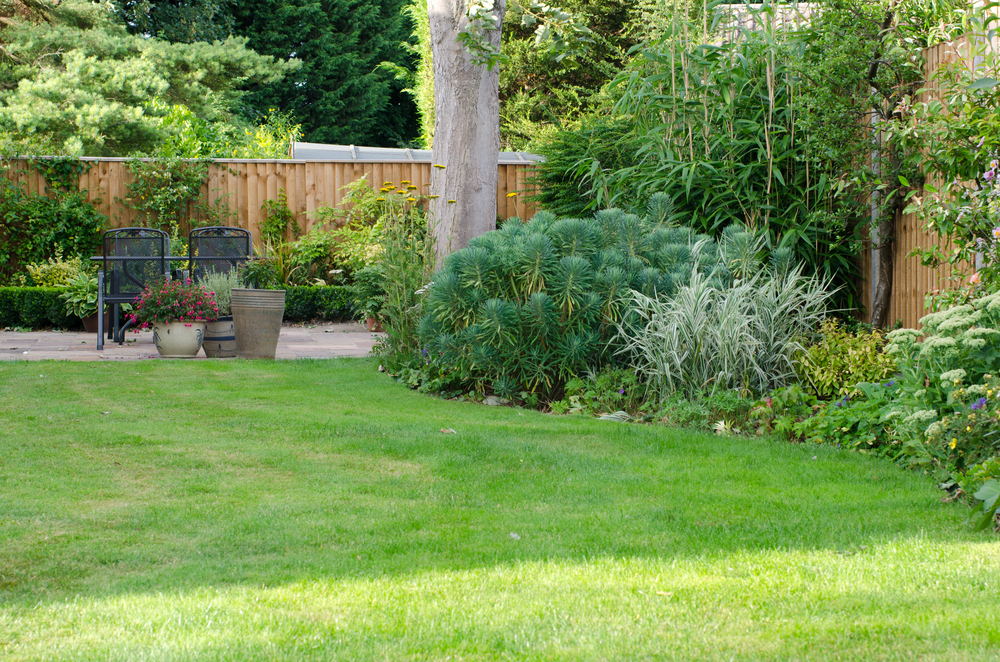Premise Liability Claims and Duties of Owners to Invitees

Owners of real property are oftentimes concerned about the prospect of premise liability claims when people are invited onto their property. What happens if an invitee, such as a business invitee, gets hurt on the owner’s premises? What duty, in particular, does the owner of the real property owe to invitees?
The owner or occupier of real property owes two duties to business invitees, namely [1] a duty to “use ordinary care in keeping the premises in a reasonably safe condition” and [2] a duty to warn of latent or concealed hazards that the owner/occupier knew or should have known about and which are not known to the invitee in a timely manner. The open and obvious danger doctrine may discharge the duty to warn, but it “does not apply when negligence is predicated on breach of the duty to maintain the premises in a reasonably safe condition.”
TruGreen Landcare, LLC v. LaCapra, 43 Fla.L.Weekly D2027a (Fla. 5th DCA 2018) (internal citations omitted).
The open and obvious doctrine, referred to above, is a defense to owners in a premise liability claim and applies to the second duty — the duty to warn of latent dangerous conditions / defects. But, this duty does not apply to dangerous conditions / defects that are open and obvious.
The open and obvious danger doctrine “provides that an owner or possessor of land is not liable for injuries to an invitee caused by a dangerous condition on the premises when the danger is known or obvious to the injured party, unless the owner or possessor should anticipate the harm despite the fact that the dangerous condition is open and obvious.” “This doctrine rests upon the generally accepted notion that owners and possessors of real property should be legally permitted to assume that those entering their premises will perceive conditions that are open and obvious to them upon the ordinary use of their senses.” In analyzing whether a danger is open and obvious, “the courts are required to consider all of the facts and circumstances surrounding the accident and the alleged dangerous condition.”
TruGreen Landcare, LLC, supra (internal citations omitted).
As mentioned, if a potentially dangerous condition on the property is open and obvious, i.e., it is not latent / hidden, than an owner has a strong defense to an injured invitee’s premise liability claim. However, this open and obvious defense does not apply when a plaintiff claims that an owner or possessor negligently maintained the property in a reasonably safe condition (and this caused their injury). “Thus, an issue of fact for the jury exists when the plaintiff alleges the owner/occupier breached the duty to keep the premises in a reasonably safe condition regardless of whether the danger was open and obvious.” TruGreen Landcare, LLC, supra.
In TruGreen Landcare, LLC, the plaintiff bypassed a sidewalk and walked in a landscaped area in front of a movie theater in a plaza. As he was walking in the landscaped area, he tripped and fell in a depressed area. The landscaped area was surrounded by sidewalk and was referred to as a palm tree planter square which was a grassy area with artificial turf with a palm tree in the center. The plaintiff sued, among other parties, the landscaper for negligently maintaining the landscaped area (palm tree planter square) in a reasonably safe condition. The landscaper contended that it owed no duty to the plaintiff to keep that area in a safe condition or warn of any dangerous condition because, as a matter of law, landscaped areas are not dangerous conditions. The landscaper further argued that the issue that caused the plaintiff to trip was open and obvious.
Remember, the open and obvious defense does not apply when the plaintiff is claiming that the owner or possessor of the property negligently failed to maintain the property in a reasonably safe condition. While this is generally an issue of fact for the jury, there are:
[S]ome conditions [that] are considered so obvious and not inherently dangerous that they do not, as a matter of law, support liability for the breach of the duty to maintain the premises in a reasonably safe condition. In particular, landscaping features “are generally found not to constitute a dangerous condition as a matter of law.” Additionally, there is no duty to make areas that are not designed for walking reasonably safe for that purpose or to warn that they are not safe for walking. In these situations, the rule “is to absolve the landowner of liability unless the landowner should anticipate or foresee harm from the dangerous condition despite such knowledge or obviousness.”
TruGreen Landcare, LLC, supra (internal citations omitted).
Please contact David Adelstein at dadelstein@gmail.com or (954) 361-4720 if you have questions or would like more information regarding this article. You can follow David Adelstein on Twitter @DavidAdelstein1.




